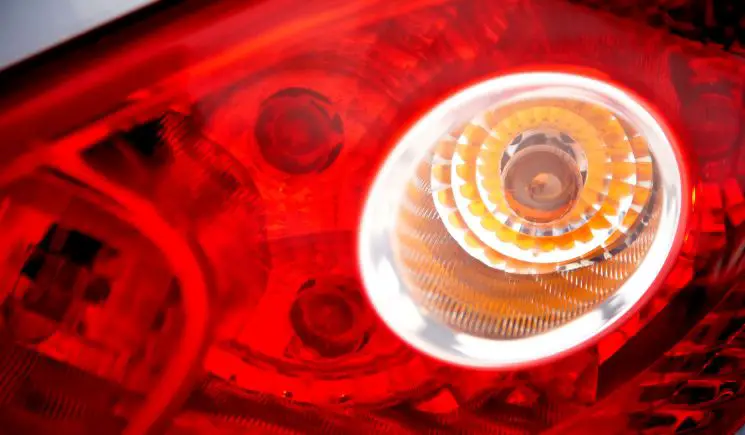Reverse lights are an essential safety feature in vehicles. Its function is to indicate when a driver is reversing and alert other road users of their intentions. However, imagine a perplexing scenario where the reverse lights unexpectedly illuminate when the brakes are on, causing confusion and potential hazards on the road.
In this article, we will dive into the phenomenon of reverse lights coming on when the brakes are active and provide a comprehensive troubleshooting guide to help you understand the possible causes behind this unusual behavior. By exploring common culprits and offering practical solutions, we aim to shed light on this problem and empower you to rectify it, ensuring your vehicle’s safe and smooth operation.
Table of Contents
Several Possible Reasons Why This Unusual Behavior May Occur
Faulty Wiring
- The electrical system may have a short circuit or cross-wiring, causing the reverse light circuit to activate when the brake pedal is active.
Incorrect Bulb Installation
- Suppose the brake and reverse light bulbs are mistakenly under the interchanging process.
- In that case, the reverse lights activate when the brake pedal is down.
Faulty Brake Light Switch
- The brake light switch near the brake pedal activates the brake lights when the pedal is active.
- If the switch malfunctions, it may send a signal to both the brake lights and reverse lights simultaneously, causing the reverse lights to come on when the brakes are active.
Malfunctioning Multifunction Switch
- The multifunction or turn signal switch controls various functions, including brake and reverse lights.
- A malfunctioning switch can result in incorrect signals from the reverse lights when the brakes are engaged.
Faulty Body Control Module (BCM)
- Sometimes, a malfunctioning Body Control Module (BCM) can lead to reverse lights illuminating when the brakes are applied.
- The BCM’s function is to control various electrical systems in the vehicle.
- If it fails or experiences a glitch, it may inadvertently activate the reverse lights when the brake pedal is active.
Other Possible Causes
- There can be other less common causes, such as a malfunctioning transmission range sensor or a software glitch in the vehicle’s electronic control unit (ECU).
Several Practical Solutions You Can Try To Rectify The Problem
- Ensure the brake and reverse light bulbs are correctly installed in their sockets. Refer to your vehicle’s manual for the appropriate bulb identification and installation instructions.
- Carefully inspect the wiring harness and connections associated with the reverse and brake lights. Look for any signs of damage, loose connections, or faulty wiring. Suppose you notice any issues, repair or replace the defective wiring as necessary. Properly secure all connections to ensure a solid electrical connection.
- Examine the brake light switch located near the brake pedal. Ensure it is functioning correctly and not stuck in the “on” position. If the switch is faulty or malfunctioning, replacing it should restore the proper operation of the brake lights and prevent the reverse lights from activating when the brakes are applied.
- The multifunction switch, responsible for controlling various functions, including the brake lights and turn signals, may malfunction. If you suspect the button is causing the issue, consult a professional mechanic or technician for an accurate diagnosis.
FAQs of Reverse Lights Come On When Brakes Applied
Q: Can I continue driving with this issue?
A: Continuing driving with reverse lights illuminating when the brakes are applied is not ideal. This unusual behavior can confuse other drivers on the road and potentially create hazardous situations.
Q: Is this an issue common?
A: While it is not the most common issue, some car owners have reported experiencing reverse lights illuminating when the brakes are applied. The causes can vary depending on the specific vehicle and its electrical system.
Q: How long will it take to fix the problem?
A: The repair time will depend on the cause of the issue and the complexity of the repairs needed. Simple fixes, such as adjusting bulb installation or fixing wiring connections, may take only a short time. However, more involved repairs, such as replacing a switch or the BCM, may require more time.

